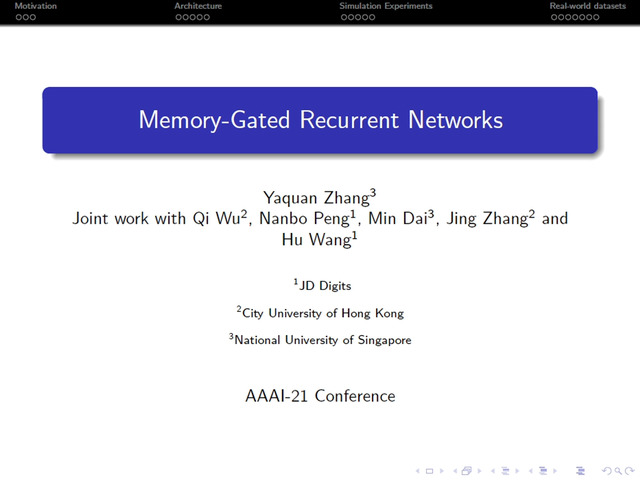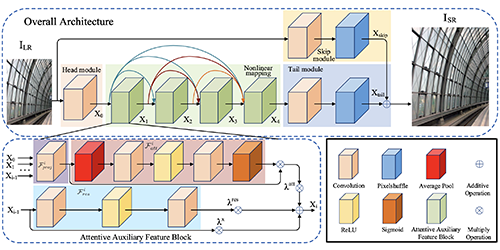Abstract:
At the core of Network Functions Virtualization lie Network Functions (NFs) that run co-resident on the same server, contend over its hardware resources and, thus, might suffer from reduced performance relative to running alone on the same hardware. Therefore, to efficiently manage resources and meet performance SLAs, NFV orchestrators need mechanisms to predict contention-induced performance degradation. In this work, we find that prior performance prediction frameworks suffer from poor accuracy on modern architectures and NFs because they treat memory as a monolithic whole. In addition, we show that, in practice, there exist multiple components of the memory subsystem that can separately induce contention. By precisely characterizing (1) the pressure each NF applies on the server’s shared hardware resources (contentiousness) and (2) how susceptible each NF is to performance drop due to competing contentiousness (sensitivity), we develop SLOMO, a multivariable performance prediction framework for Network Functions. We show that relative to prior work SLOMO reduces prediction error by 2-5x and enables 6-14









































